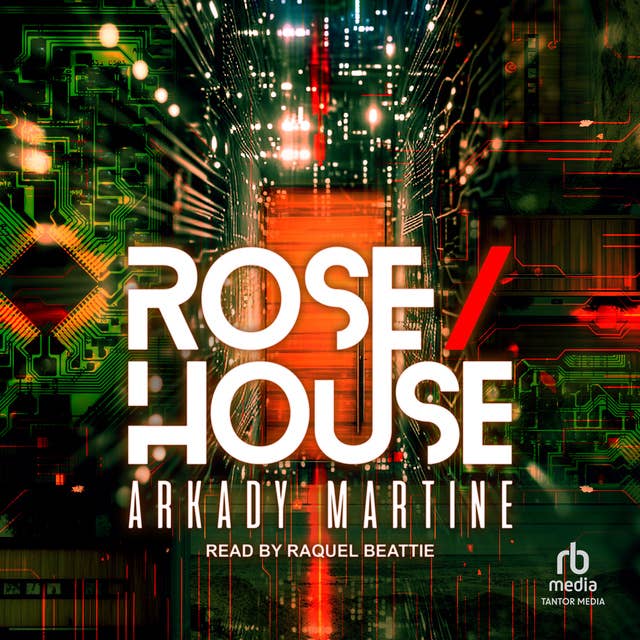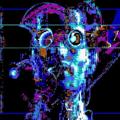On the face of it, Rose/House is a novella that looks like murder mystery: a locked house with a body inside of it. Rose House is the last architectural masterpiece of the late Basit Deniau, with an AI inside controlling/haunting it. Deniau's will stipulates that Selene Gisil is the only person allowed in, and even then she is only allowed in for seven days a year. The local police enlist her to try to get in and investigate this murder. This book dabbles in mystery noir pastiche but its heart feels more like gothic horror.
For me, the crystalizing moment for the atmosphere happened about a third of the way through, when Gisil rules lawyers Maritza into the house that only allows one "person" with a fae bargain:
“Maritza, are you a person or are you the China Lake Precinct? The distinction is significant.” [..].
“I’m the China Lake Precinct Police,” said Maritza. She’d have been whatever she had to be to get to that corpse. She believed it, then, and truly. She hasn’t stopped believing it.
“So you are,” said Rose House. “There’s only one person here, and that’s Selene. Come inside, Selene.”
The door opened again. That same easy motion, almost soundless. The same hallway behind it (why had Maritza imagined it would be a different hallway?). Except this time, when she stepped forward, it didn’t close.
“I’m not going in there,” Torres said. “You realize what you just did, Maritza? That AI doesn’t think you’re human. It doesn’t have to care about you—”
In the end, the mystery is both solved and un(re)solved. There are a number of uncertain loose ends around identities and motivations, and especially around Rose House itself. (I love the recharacterization of an AI here as "haunting" the house.) A traditional mystery story would bring the puzzle pieces together into a satisfying whole, while Rose/House instead leaves the reader uneasy and unsettled.





